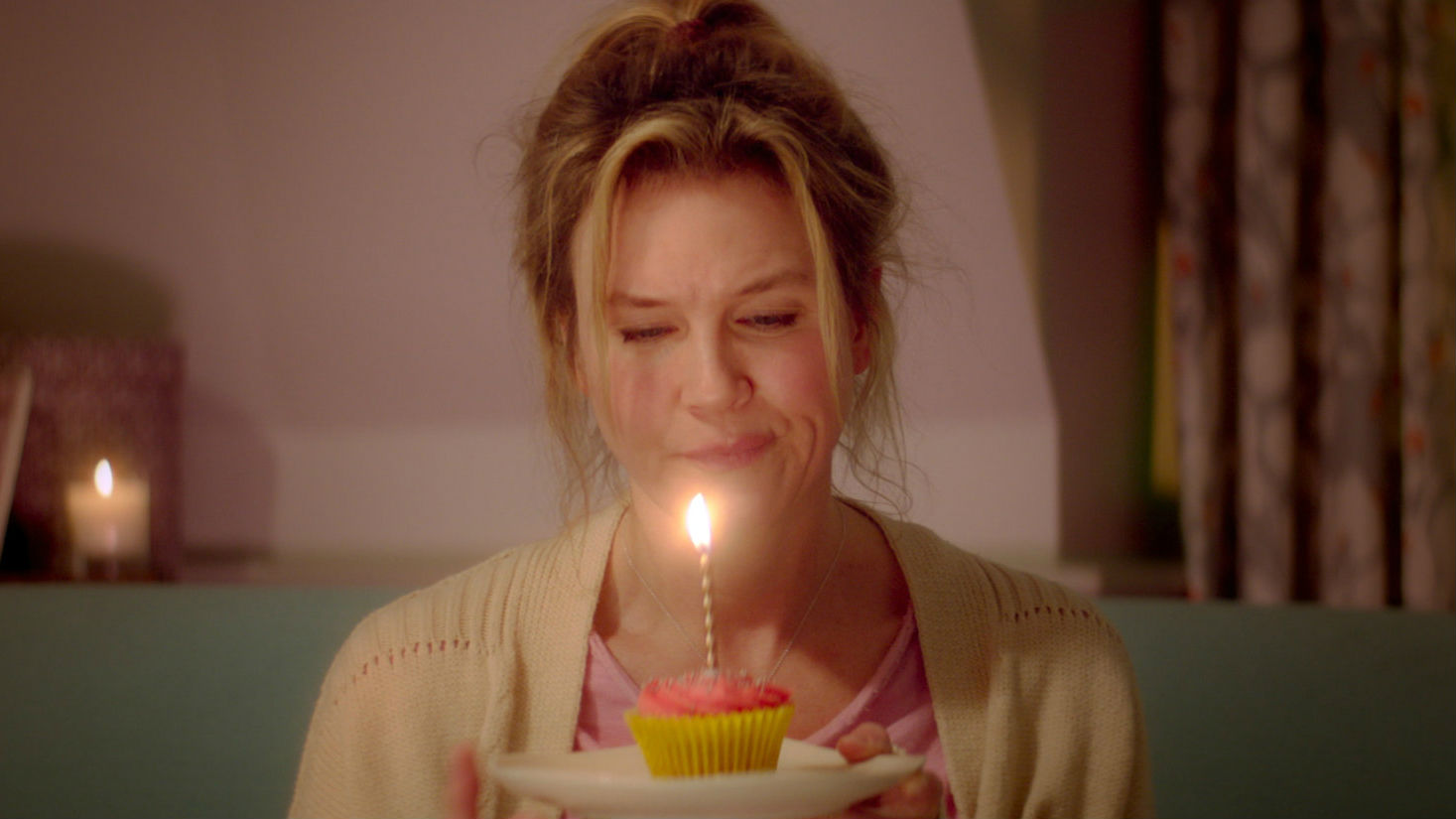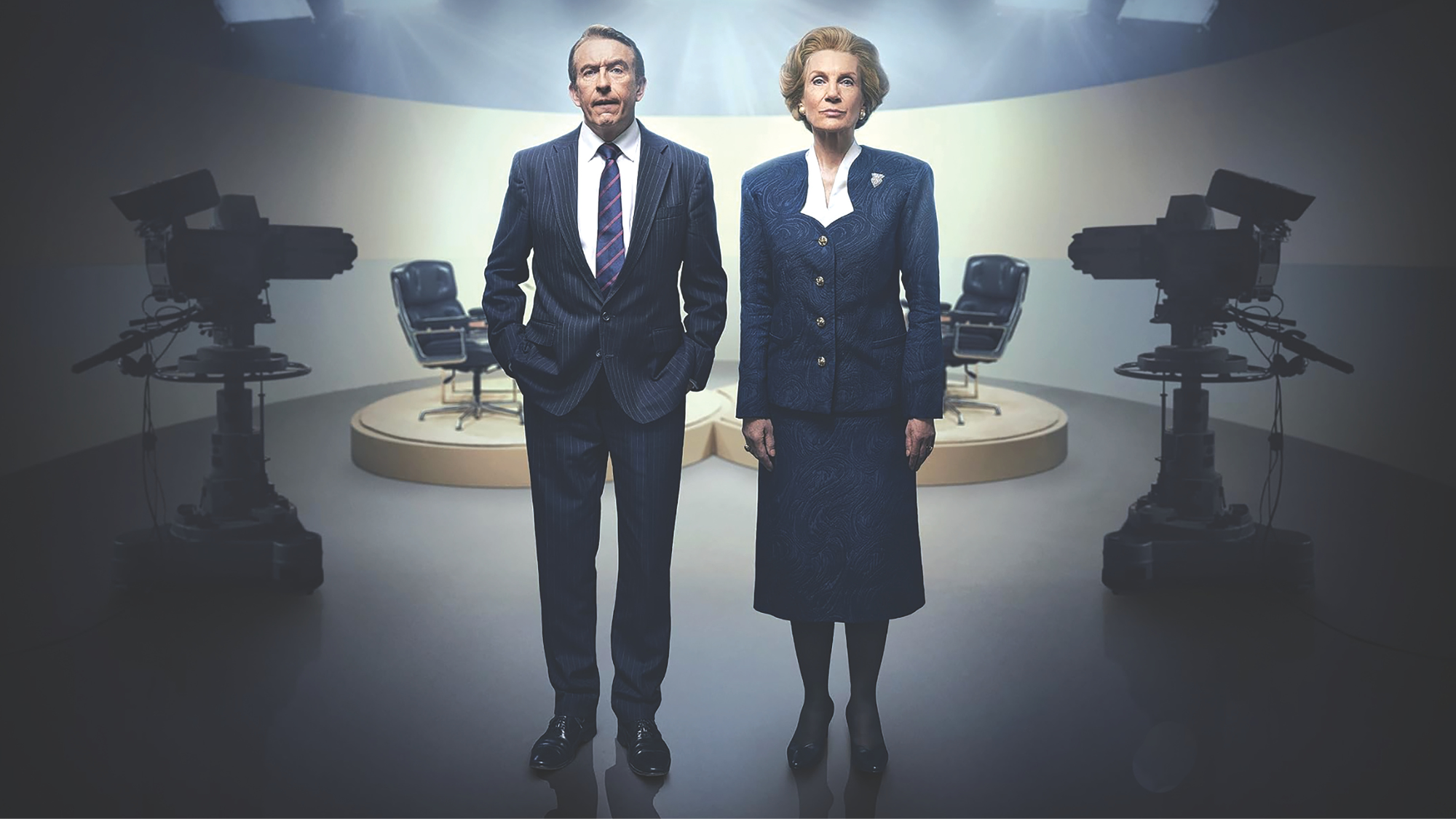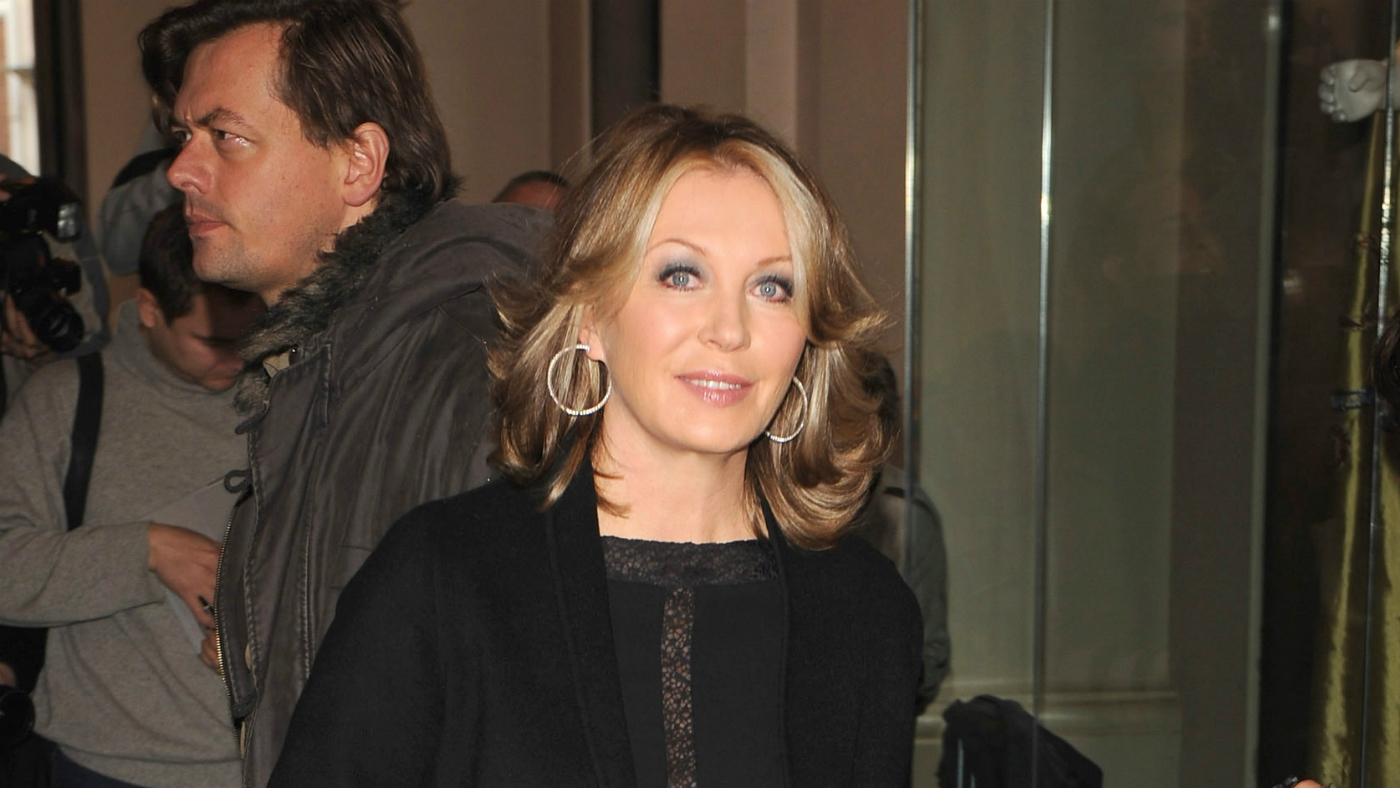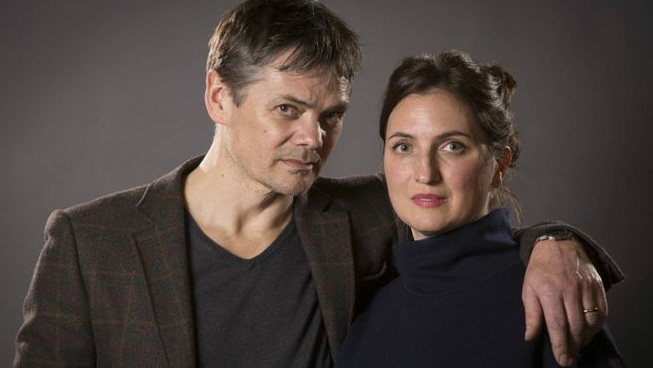The seven most influential women of the last 70 years
Fictional Bridget Jones joins former prime minister Margaret Thatcher on Woman's Hour list

A free daily email with the biggest news stories of the day – and the best features from TheWeek.com
You are now subscribed
Your newsletter sign-up was successful
Margaret Thatcher has topped Radio 4 Woman's Hour Power List of the most influential women in the past 70 years – alongside US singer Beyonce and fictional character Bridget Jones.
Thatcher, who was prime minister from 1979 to 1990, took first place in this year's list, which celebrate the seven most influential women since the show's launch in 1946.
She was followed by Helen Brook, who set up Brook Advisory Centres offering contraceptive advice to women in the 1960s, Labour MP Barbara Castle, who brought in the Equal Pay Act in 1970, and Australian writer Germaine Greer, a major voice of the feminist movement. Activist Jayaben Desai was also recognised for campaigning against low pay and poor conditions for women workers in the 1970s.
The Week
Escape your echo chamber. Get the facts behind the news, plus analysis from multiple perspectives.

Sign up for The Week's Free Newsletters
From our morning news briefing to a weekly Good News Newsletter, get the best of The Week delivered directly to your inbox.
From our morning news briefing to a weekly Good News Newsletter, get the best of The Week delivered directly to your inbox.
But in a Power List first, author Helen Fielding's Bridget Jones was in the final seven, along with Crazy in Love star Beyonce.
This year's judging panel for the list, which was unveiled during a reception at Buckingham Palace attended by the Duchess of Cornwall, comprised businesswoman Karren Brady, Ayesha Hazarika, a former Labour adviser and commentator, screenwriter Abi Morgan, ex-Woman's Hour editor Jill Burridge and Julia Hobsbawm, the founder of Editorial Intelligence. The panel was chaired by BBC 5 live presenter Emma Barnett, who said the inclusion of the fictional Bridget had been the judges' most divisive choice.
But, she added, the list was about who has "actually had impact in real women's lives" and impact "doesn't have to be good, bad, serious or funny".
Speaking to The Guardian, Barnett said Bridget "gave permission for our own imperfections", adding: "Bridget Jones is our Sex and the City", a "flawed heroine" and a character who "enabled women who didn't have children, didn't have the perfect life, to laugh at themselves and feel unashamed of who they are".
A free daily email with the biggest news stories of the day – and the best features from TheWeek.com
The choice wasn't just controversial for the judges. Helen McCarthy, a historian at Queen Mary University, and poet Emma Purshouse voiced their doubts on Twitter.
Others said Bridget Jones's creator might have been a better choice than her character. Fielding, however, seemed unperturbed.
Telling the BBC it was a "tremendous honour for Bridget and, of course, for me", she said: "I hope it doesn't mean everyone's going to binge drink and eat Milk Tray late at night."
-
 Political cartoons for February 21
Political cartoons for February 21Cartoons Saturday’s political cartoons include consequences, secrets, and more
-
 Crisis in Cuba: a ‘golden opportunity’ for Washington?
Crisis in Cuba: a ‘golden opportunity’ for Washington?Talking Point The Trump administration is applying the pressure, and with Latin America swinging to the right, Havana is becoming more ‘politically isolated’
-
 5 thoroughly redacted cartoons about Pam Bondi protecting predators
5 thoroughly redacted cartoons about Pam Bondi protecting predatorsCartoons Artists take on the real victim, types of protection, and more
-
 Brian and Maggie: Harriet Walter 'captures the essence' of Margaret Thatcher
Brian and Maggie: Harriet Walter 'captures the essence' of Margaret ThatcherThe Week Recommends James Graham's two-part Channel 4 drama is an 'absorbing study of politics, class and conflicted loyalties'
-
 Five best radio programmes of all time
Five best radio programmes of all timeSpeed Read Desert Island Discs voted into top spot by panel of industry experts
-
 150 years of the Shipping Forecast: Five memorable moments
150 years of the Shipping Forecast: Five memorable momentsIn Depth From an on-air battle with nausea to the only missed bulletin in the forecast's 96-year history
-
 The Archers trial: Essential listening or a step too far?
The Archers trial: Essential listening or a step too far?The Week Recommends Domestic abuse storyline keeps many listeners 'riveted', but others long for the Ambridge of old
-
 Right-on Robbie: Music needs to rekindle its fire
Right-on Robbie: Music needs to rekindle its fireIn Depth Why did it take a member of Take That to remind us that popular music has lost touch with politics?